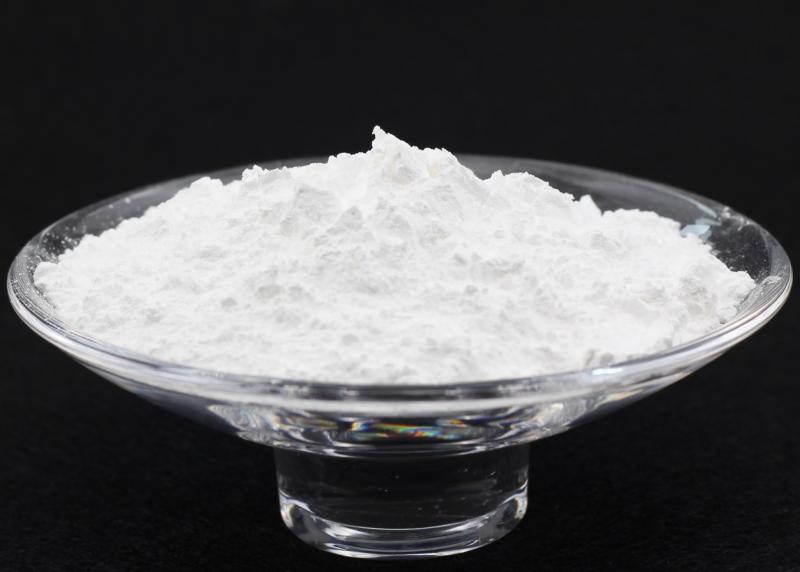The growing demand for lithium-ion batteries in various applications, from electric vehicles to portable electronic devices, has led to continuous research and development to improve battery performance. Aluminum fluoride (AlF3) has emerged as a promising additive in lithium-ion battery technology, playing a key role in enhancing battery performance and safety.
AlF3 is commonly used as a coating material on the cathode electrode to stabilize the electrode-electrolyte interface. This coating helps suppress side reactions, such as the formation of the solid-electrolyte interphase (SEI), which can reduce battery capacity over time. By minimizing these undesirable reactions, AlF3-coated cathodes can improve the long-term cycling stability and lifespan of lithium-ion batteries.
According to Coherent Market Insights, the global aluminum fluoride market size is expected to reach US$ 1710 million by 2024, and register a CAGR of 1.9% over the forecast period (2019 - 2027).
Another advantage of AlF3 is its ability to increase the thermal stability of cathode materials. The addition of AlF3 reduces the exothermic reactions during charging and discharging processes, reducing the risk of thermal runaway and enhancing the safety of lithium-ion batteries, particularly in high-performance applications.
Furthermore, Aluminum Fluoride unique crystal structure allows it to intercalate lithium ions, making it a potential candidate for use as an anode material. Research is ongoing to explore AlF3-based anodes, which could offer higher energy density and improved safety compared to traditional graphite anodes.
The use of AlF3 in lithium-ion battery technology shows great promise in addressing the challenges of battery performance and safety. As the demand for efficient and safe energy storage solutions continues to rise, further research and commercial adoption of AlF3-based technologies are likely to play a significant role in advancing the lithium-ion battery industry.
